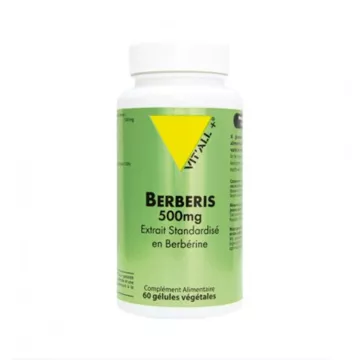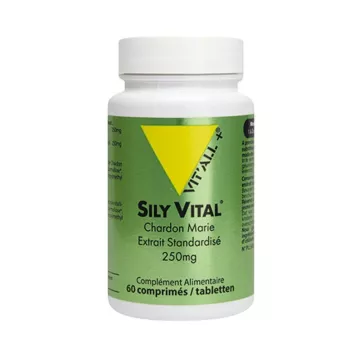Soin-et-nature respects your privacy Our site uses cookies to ensure that it functions properly and to optimise technical performance. For more information information and/or to change your preferences, click on the "Settings" button.


What is liver detoxification and why is it important?
Liver detoxification refers to the process by which the liver neutralizes and eliminates toxins from the body. This process is crucial because the liver plays a central role in regulating many vital functions, including the metabolism of fats, proteins and carbohydrates, as well as the elimination of harmful substances. Effective detoxification is essential for maintaining optimal metabolic balance and overall health.
How does liver detoxification work?
The detoxification process in the liver takes place in two phases. The first phase transforms fat-soluble toxins into more hydrophilic forms through oxidation, reduction and hydrolysis reactions. The second phase combines these modified toxins with water-soluble molecules, facilitating their elimination via the kidneys or bile. Enzymes playing a key role in this process include cytochromes P450 and various transferases.
What are the signs of a liver overloaded with toxins?
Symptoms of an overloaded liver can include chronic fatigue, abdominal pain, yellowed skin (jaundice), digestive disorders, and an increased tendency to bleed. If you notice an accumulation of these symptoms, it's advisable to consult a healthcare professional to assess liver function and discuss detoxification options.
What habits can support the liver's detoxification function?
To support the liver's detoxification function, we recommend a diet rich in green vegetables, fruit and whole grains, which provide essential nutrients and antioxidants. Hydration is also crucial; it's advisable to drink enough water throughout the day. Avoiding excess alcohol and toxic substances is also vital to reduce the toxic load on the liver.
Are there specific methods for improving liver detoxification?
Certain practices can help improve liver detoxification, including taking specific supplements such as milk thistle, turmeric and artichoke, known for their hepatoprotective properties. Regular exercise also helps optimize liver function by improving circulation and facilitating the elimination of toxins through perspiration.
How do I know if a liver detox cure is right for me?
It's a good idea to talk to a healthcare professional before starting any detoxification program. Specific tests may be recommended to assess liver function and determine whether an intervention is necessary. Particular care is recommended for people with a history of liver disorders or regular exposure to toxins.
Which foods are beneficial for liver detoxification?
To promote liver detoxification, choose foods rich in antioxidants and fiber. Cruciferous vegetables such as broccoli, cabbage and cauliflower stimulate the liver's detoxification enzymes. Citrus fruits, rich in vitamin C, also help transform toxins into easily eliminated substances. Sulfur-rich foods such as garlic and onions also support the liver in phase two of detoxification. Regularly adding these foods to your diet can contribute to optimal liver function.
Can lifestyle practices improve liver detoxification?
In addition to diet, lifestyle plays a crucial role in supporting liver detoxification. Adequate sleep enables the body to regenerate and process toxins efficiently. Reducing stress is also essential, as it can directly affect liver function and detoxification capacity. Practices such as meditation, yoga and effective stress management can therefore significantly improve the liver's detoxification capacity.
Are dietary supplements necessary for liver detoxification?
Although diet should always be the first source of nutrients, supplements can help support liver detoxification when diet is not sufficient. Supplements such as N-acetylcysteine, which supports the production of glutathione, an antioxidant crucial to phase two of detoxification, can be beneficial. However, it's important to consult a healthcare professional before starting any supplementation regime to avoid interactions and ensure proper management.
How does alcohol affect liver detoxification?
Alcohol is one of the liver's main aggressors, as it requires a significant amount of resources to be metabolized and can lead to liver damage if consumed in excess. Moderate or reduced alcohol consumption is crucial to enable the liver to maintain its detoxification functions without overload. Excessive alcohol consumption can lead to liver diseases such as fatty liver, hepatitis and cirrhosis, severely impairing the liver's detoxification capacity.
What role does physical activity play in liver detoxification?
Regular exercise helps to stimulate circulation and accelerate the transfer of toxins to the liver for processing and elimination. Physical activity such as brisk walking, swimming or cycling can significantly improve overall liver health by reducing liver fat, improving metabolism, and increasing levels of enzymes involved in detoxification. Engaging in a regular exercise routine is therefore an important component of maintaining healthy liver function.